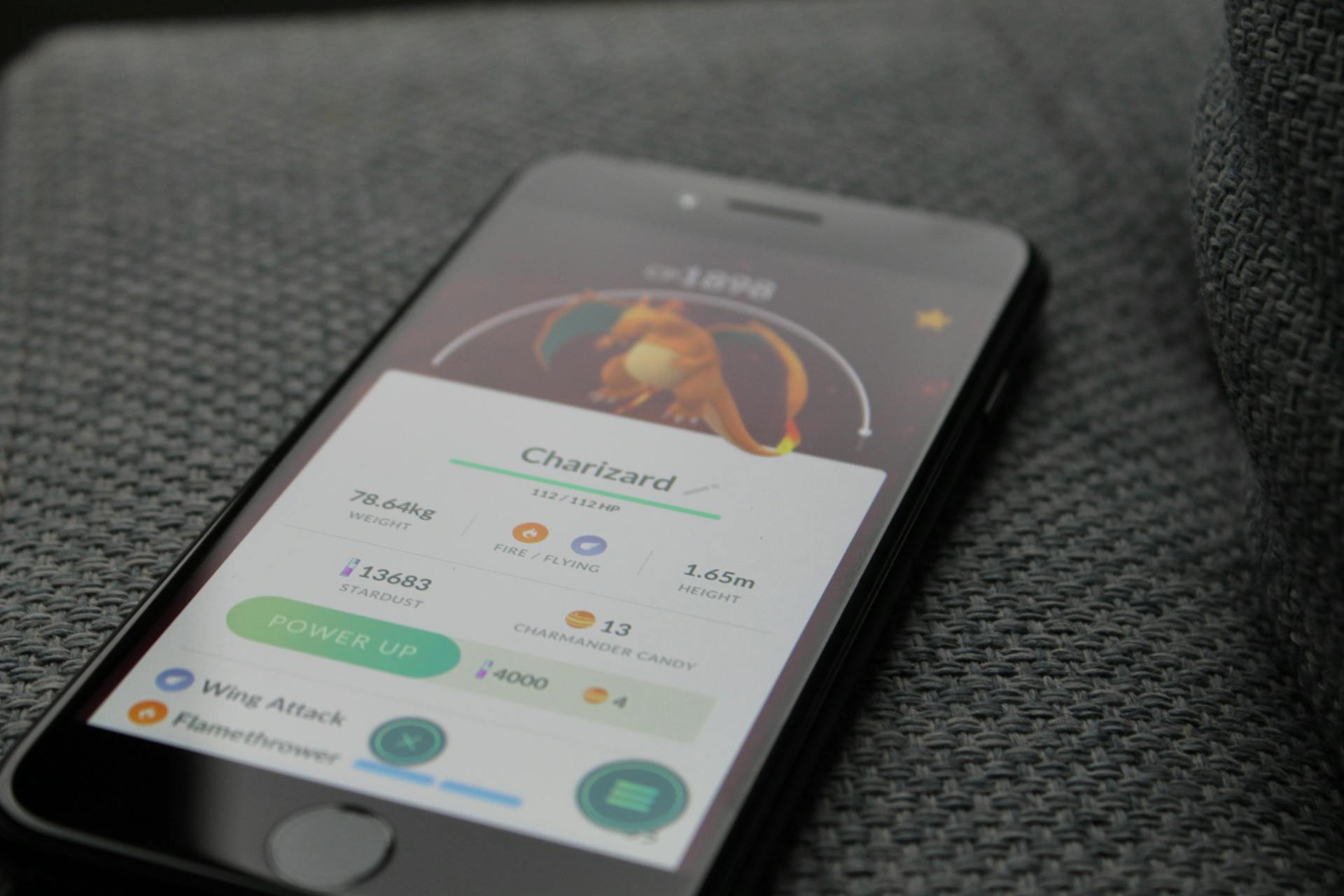
How Careless Indonesian Game Translation Can Upset Indonesian Gamers
The significance of ensuring localization in games for gamers cannot be overstated. A key objective of game localization is to broaden the game’s accessibility and attract an audience, ultimately leading to increased profitability. Particularly targeting the gaming market, known for its potential in Southeast Asia, can pave the way for success and bolster a developer’s presence in the Asian gaming landscape.
Nevertheless, undertaking the Indonesian game translation and localization is not an easy feat. When done haphazardly, it can lead to bad outcomes for players. Poor translations may result in nonsensical in-game dialogues that hinder comprehension.
Neglecting cultural nuances and context may strip away humor and references to the game’s narrative, potentially offending. Errors in translating menus, instructions, and graphical text can disrupt gameplay flow. Leave players feeling perplexed.
Therefore, developers must recognize that meticulous attention and adequate investment are imperative for game translation. Overlooking these aspects not only diminishes the appeal of the game but also risks tarnishing a developer’s reputation within the Indonesian gaming community.
Example of Careless Indonesian Game Translation
In order to minimize the potential for gamer disappointment, here are some examples of careless translations of Indonesian games that you need to avoid:
1. Not Properly Localizing Game App Store Descriptions

One example of Indonesian game translation being carried out carelessly is ignoring the localization of game application store descriptions. In fact, app store descriptions, which one can find on Apple’s App Store, Google Play, or Steam, are key in attracting new players. This description is one of the first elements that a gamer sees when he or she browses through app storefronts looking for a new game.
It is meant to give an outline of the game, what makes it different from others, and why someone should consider playing it. If this description is not translated well, potential local players will quickly lose interest. They might think that if the description is not clear, then the quality of the game is also questionable.
Therefore, developers need to invest in the correct localization of app store descriptions. The issue is not just about attracting initial downloads but also about building a dedicated player community. Happy gamers are more likely to share a game with their friends and spread positive word of mouth on social media, which is essentially free marketing.
On the other hand, poor localization can quickly become a liability for one’s marketing intentions. So, make sure that your game description is well-written and properly localized to maximize download potential and build a strong reputation in the Indonesian gaming market.
2. Doesn’t Consider Indonesian as Part of the Game
This is a problematic area in Indonesian game translation that can prove very destructive because once users find a description in Indonesian they are most likely to think the game is Indonesian. If these expectations are not met after they download and try the game, the inevitable result is a feeling of frustration and disappointment.
Game descriptions localized in appropriate places and stimulating captions for screenshots should be given considerable attention in order to address the interest of potential downloaders. However, if the game under question does not support the particular language that has been featured in the promotion description, gamers will feel like they have been ripped off. Customers may be unhappy with such a situation, perceiving their time and data as wasted, which may lead to negative reviews and a consequent deterioration of the game’s perception among potential buyers in the market.
Language is another factor. As a developer, it is required that you make certain that the game you are developing has that particular language support as the description you will be using in marketing the game. If the game is not initially available in that language, give clear information to the players on when they will be able to expect the localization of the game. This transparency will lower the disappointment level and keep the local players’ trust.
3. Improper Use of Intonation
Another inappropriateness implied by the careless translation of Indonesian games is the intonation issue. In modifying the game interfaces or instructions, the developers tend to impose their own home country’s intonation on the target country. This can make for a rather strange and unsettling gaming atmosphere for players in their home nation.
For example, in western developed countries like western European countries, Canada, or the United States, the use of the word “please” while disseminating the instructions is encouraged and would be viewed as courteous. Nevertheless, in some Asian cultures, especially in Indonesia, the precise opposite of the overuse of “please” in certain situations may be perceived as pretentious and weird. Indonesian people expect generalized instructions because instructions and terms of politeness involve stiffness that does not represent usual communication.
When developers fail to adjust in-game intonations and languages’s synthesized patterns to local cultures, players can feel like the game isn’t made for them at all. To eliminate this issue, it is advisable that developers spend adequate time researching Indonesian customs and frequently used channels of communication.
4. Inappropriate Use of Slang

The usa of slang is of high significance because it makes the atmosphere of the game more real and unique. When translators are not sure about the slang used in that certain region, the fun and lively atmosphere of the game tends to die because the players seem to be detached from what is being served to them.
This paper also found out that slang is diverse and dynamic in the process of Indonesian game translation, and there are many terms and phrases that are idiosyncratic and commonly used by some groups of Indonesians. For the interpreters who do not know such slang, they give too formal and rigid translations, which actually do not fit the informal way of handling things among players.
To avoid this negligent approach, you must cooperate with an Indonesian game translation service with the help of a translator who is a native speaker to get the most suitable translation. NT translators also have an advantage because they come across different terms and phrases, knowing which of the latter need to be translated and which are more appropriate to be retained in the source language due to the credibility of the meaning.
5. Move or Copy Text Placeholders
Accidentally changing or deleting placeholders is an example of negligence in Indonesian game translation which can have a big impact on the quality and functionality of the game. Placeholders are small pieces of code that are used to fill spaces in lines of text and will later be replaced with permanent text. A placeholder can be %1$s, %2$d, or a named variable such as USER_NAME written in all caps. This is important for ensuring that the length and context of sentences in the game are preserved and, as such, should not be translated or replaced when the game is being translated to other languages such as Indonesian, Chinese, and German, among others, because they place a high value on the use of values that are placed to convey information correctly.
For example, if the names of characters or items that are included in the templates are changed, players can see fragments of the other text or mistyped error messages. This not only affects the gameplay but also diminishes the players’ confidence in the quality of the game. To circumvent such issues, translators should be extremely sensitive and make sure that placeholders do not get modified in the least.
6. Forgetting About Quality Assurance Testing
The Indonesian game translation process has an important provision for quality testing, which makes sure that the translation is both accurate and works well in the game context. This includes dialogues, instructions, menus, and consistent terminologies, among others, whether they suit Indonesian culture or not. Indonesian game testing should also focus on the visual appearance of the game, such as graphics and content, compatibility with various types of devices, connectivity methods, etc. So that the testing process runs smoothly, one of the most effective ways is to partner with an Indonesian game translation service that is experienced and provides quality assurance in its services.
Final Thought In the highly potential and lucrative Indonesian gaming market, it is no longer a luxury service to localize games and their related content; it has become an absolute necessity. By knowing what kind of person an Indonesian gamer is, one can avoid making false moves that will make a game stand out in the eyes of local people.
This not only helps you reach a broader audience but also offers new players an exciting and genuine gaming experience that keeps them coming back for more. Digital Trans-Asia helps you to do this by providing trusted Indonesian game translation and localization services.
These include: translating game content into Indonesian; translating and localizing app store banners and app store descriptions; in-game translation; and also UI and bug checking.